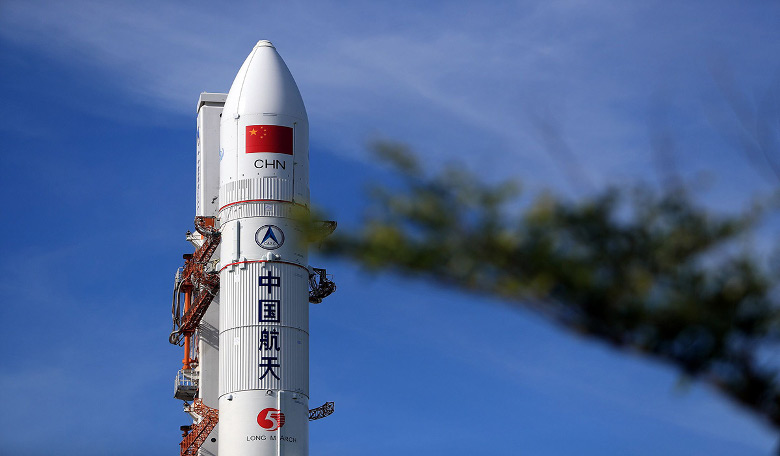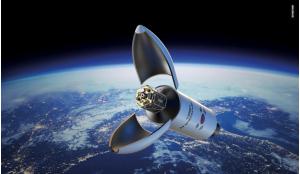Chinese space officials are investigating the cause of an anomaly after latest launch of its Long March 5 rocket on 2 July ended with it nose-diving into the Pacific Ocean, adding doubts as to whether the country's Chang'e-5 mission to the Moon will get off the ground by the end of the year.
The Long March 5 rocket, which had its maiden launch last November, is China's most powerful booster. It is said to be three times as powerful as the current Long March 2F rocket that delivered Tiangong-2 - China's second space station - into orbit last September.
However, despite efforts to change its flight path after its successful blast off from the Wenchang Space Launch Centre in China, the Long March 5 came crashing back down to Earth.
The rocket was carrying Shijian-18, a seven metric tonne experimental communications satellite that was to be placed into geostationary orbit, some 36,000 km above Earth.
Great expectations are riding on the success of the Long March 5 which was touted to be the rocket of choice to get China's Chang'e-5 sample-return mission to the Moon in November 2017. In addition, this latest flight was seen as a testbed for the ability to mount future ambitious projects, including possible lunar settlement.
Plans that involve the largest member of China's rocket fleet - whose power about equals that of United Launch Alliance's Delta IV Heavy launcher - will have to be put on hold while the cause of the failure is investigated.
"Delays are possible,” says Wang Jianyu, commander in chief of China's quantum satellite project in an interview with the South China Morning Post. “The rocket cannot fly until we find out the problem and solve it, and that will take time.”
China does not seem to be having much luck recently with its Long March rockets, as this is the second failure in two weeks. At the moment, it is not clear if there is a connection between the two incidents but experts have suggested it is probably just an unfortunate coincidence rather than incompetence that is seemingly wreaking havoc on their intended space programme.











